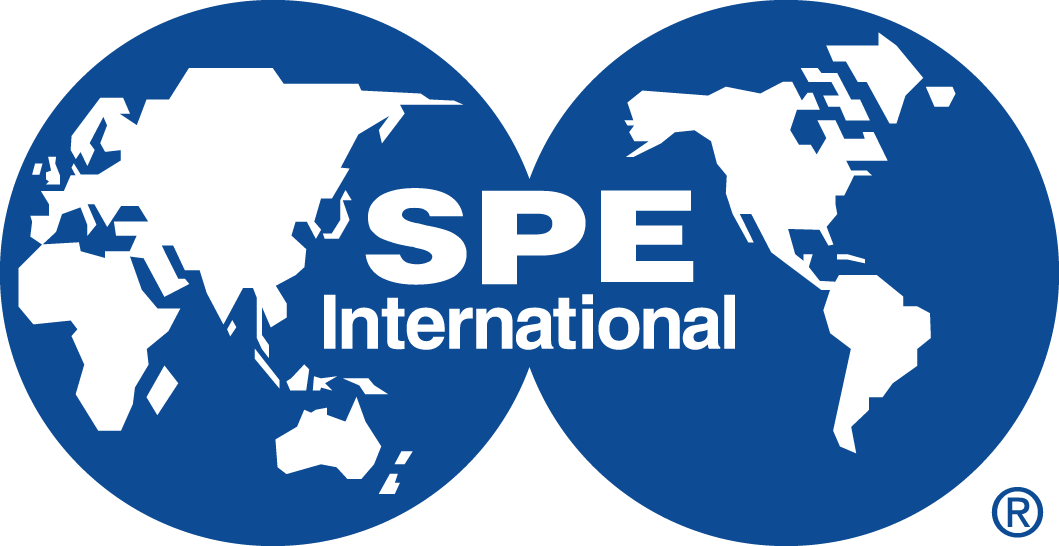Call for Abstracts
Abstracts Requirements
The abstract should consist of 350 – 400 words, including the short description of:
- Objectives and scope
- Methods, procedures, process
- Results, observations, conclusions
- Novelty, accomplishments
The programme committee will review your abstract to consider its acceptance for the Workshop programme.
Abstracts Submission Deadline
To participate please send your abstracts to Antonina Kozmina before 25 October 2021.
Topics for Submission
Easy oil and gas are running out. Operating companies have to put into production deposits of complex geology and geographically remote deposits. Financial restrictions require modern technologies and approaches to well construction. This session will cover:
- Well design and construction process optimisation
- Drilling extended reach wells
- New technologies for sidetracking
- Multilateral drilling, radial drilling
- Well drilling and casing under AHRP/ALRP, managed pressure drilling
- Real-time geosteering
- Geomechanical studies during well construction
- Casing drilling and reaming
- Coiled tubing drilling
While switching from benign production conditions to complex, drilling industry proceed to downhole operations of higher risks. Scope of drilling in difficult conditions like continuous absorption, gas and water seepage, caving formation and other hole problems is increasing.
The session will cover theoretical and practical technological solutions focused on downhole problems prevention and mitigation during well construction.
Horizontal and multilateral well logging technologies are constantly being improved. New tools and methods are developed for processing received data.
As part of this session, we will consider the following issues:
- Geophysical equipment for LWD and logging measurements in horizontal wells
- Specifics of reservoir parameters estimations in horizontal well.
- Logging technologies in extended reach drilling wells, modes of conveyance and telemetric systems
- Core drilling technologies in horizontal well
- Specifics of horizontal well mud logging
- Geomechanical models as an information basis for multifrac planning
- Flow testing after multifrac in horizontal wells
- Hydrodynamic research in horizontal wells
- Borehole investigation results integration for geological and hydrodynamic simulations
- Well tractor: technical limitations, time frame, operation variants and circulation methods
- Coil tubing opportunities
- Possibility of well logging conducting on-line
- Chemical tracers
Well completion is one of the last stages of well construction, and well operation significantly depends on its success.
Multifrac technologies (MSHF) in horizontal multi-lateral and branched wells are being introduced industrially.
High-tech inflow stimulation operations, high-quality control of downhole processes and hydrocarbon production make well equipment like real-time systems for remote controlling and collecting, transmitting, storing, analysing information essential. We will consider completion tools technologies for horizontal and multilateral wells:
- In complex environment
- In low-permeability, carbonate reservoir, harsh environment and for sand control
- For recompletion and intelligent completion, including wells with long reach horizontal sections.
- For multilateral wells construction with multifrac and separate wellbore and operation control.
Drilling and completion fluids are among key tools for the safe well construction. To meet new challenges such as ERD wells and abnormally high pore pressure drilling, the fluids are undergoing a very rapid evolution. Casing is essential to integrity and durability of a well structure.
Within the session we will consider current trends in the field of drilling and completions fluids as well as cementing:
- New lost circulation control technologies, alternative drilling fluids, corrosion control methods, breaker technologies and much more
- Significant case studies of state-of-the-art drilling fluids application, recommendations for its replication
- Modern trends in cement slurries for wells casing for horizontal completion, abnormally high or low temperatures, overpressured zones
- New grouting technologies for lost circulation control, prevention and elimination of casing pressure
- Single workspace case studies to automate processes from project documentation development to a well report generation
- Implementation of predictive analysis technologies for forecasting problems and accidents while drilling: Russian case studies
- Digital Solutions for Well Construction
- Artificial intelligence in drilling and well design
- Big data analysis for well construction
- Information systems for knowledge accumulation and sharing
- Service companies’ business model transformation under Industry 4.0.
- World trends and best practices in drilling automation.
- The rig as a digital transformation platform for the industry.
Proceedings
Proceedings will not be published; therefore, formal papers and handouts are not expected from speakers. The presentations will be available only to Workshop participants.
Commercialism
Commercialism in posters or presentations will not be permitted. Companies’ logos must be placed only at the title presentation slide.
